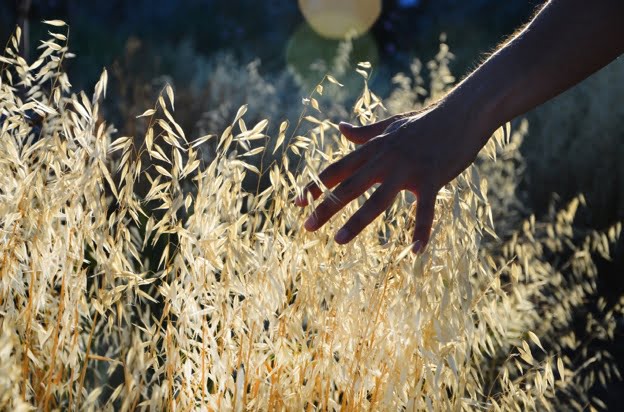SingaporeMotherhood | Parenting
November 2012
Help Your Child Learn Responsibility

One of the paradoxes of being a parent is that while we love our children deeply, one of our end goals is to equip our children with the skills they need to thrive in the world, independent of us.
When my children were babies and toddlers, I wanted to respond sensitively to their needs. I believe strongly in creating a connected relationship with my children, one that is built on mutual respect and gentleness. I knew that mothering responsively affirmed our attachment relationship.
[banner][/banner]
I also knew that babies and children move onto the next level of independence when they were ready. I wanted my kids to grow into secure individuals who have faith in those around them.
When my little ones grew into spirited toddlers who asserted themselves loudly (“No! I do meself, mumma”), I read up about encouraging interdependence.
With interdependence, a young child learns that he can do things better with help. So, we moved away from the struggle between my way and my child’s way, to doing things together, our way.
This approach has meant giving the child respect and seeing through his eyes. It has also meant finding creative ways to do things that took into account my child’s as well as my needs. The biggest benefit though, is that struggles become moments for connection.
In The Discipline Book, the Drs Sears say that a child staying dependent is as crippling as being forced into independence before he is ready. They go on to say that learning interdependence sets the stage for learning responsibility.
As my children grow older, I realise that I want my kids to take ownership and responsibility for their lives. They need to learn to figure out solutions to their problems. I want them to learn that all choices come with positive or negative consequences.
While I love my kids terribly and want to protect them from struggle, I don’t want to protect them so much that they grow up without having the skills they need to navigate life.
Authors Foster Cline and Jim Fay discuss ‘helicopter parents’ in their book, Parenting with Love And Logic: Teaching Children Responsibility. They explain that helicopter parents hover nearby, ever-ready to swoop in and shield their children from trouble from friends, teachers, or even the children’s own poor choices. Helicopter parents, in their enthusiasm to create the perfect world for their children, fail to prepare them for the real world, the authors say.

To this end, I have learnt to let go and let my children’s choices become their learning opportunities. Many consequences of their choices are natural or logical, and I let them experience the effects of their choices, without intervening. Life is a wonderful teacher!
This happens within reasonable limits, of course. The child’s individual temperament, age, capabilities, safety and whether others will be affected by my child’s behaviour all influence whether I intervene or not.
There have been times when I have wanted to step in and ‘save’ my child, so it has felt odd, mean even, to let go of controlling my children’s outcomes. After all, many of us grew up thinking that good parenting meant doing everything and saving our children at all costs. This approach has required a immense mindset shift on my part! I wonder too whether my children may feel that I don’t really care about them.
I felt very conflicted when my children were preparing for their year-end examinations recently. While teachers and schools often emphasise good academic results, I prefer to put more weight on the effort a child puts into his exam preparations.
We raise an emotionally healthy child when we build him up and affirm that his identity and worth is not measured by performance at school.
Yet, the rigour that is often expected for completing homework and passing exams is an opportunity for children to learn about work ethic, working hard consistently, giving one’s best efforts and taking pride in one’s work. I wonder how I am to respond when my child resists studying.
While the ‘kiasu’ parent in me wants me to scold and coerce my child into studying, the other more level-headed side of me says that the lessons he takes away about the value of hard work and taking responsibility for his learning are more important than primary school grades.
I have reached the conclusion that it is my responsibility to create the space and opportunity for my kids to study and do homework. At this age, they can do with some help organising work, making lists and planning. However, the responsibility to learn lies with them.
Problems with homework and study may also be more than ‘laziness’; it is worth thinking about whether there may be deeper underlying problems such as confidence issues, learning difficulties or other problems at school.
As my kids grow up, I find myself in uncharted territory! I want to build on the relationship that we have while imparting values and beliefs that will support them later in life. Knowing each child and understanding where he is coming from has guided me as I have learnt new ways of parenting.
All content from this article, including images, cannot be reproduced without credits or written permission from SingaporeMotherhood.
Follow us on Facebook, Instagram, and Telegram for the latest article and promotion updates.





